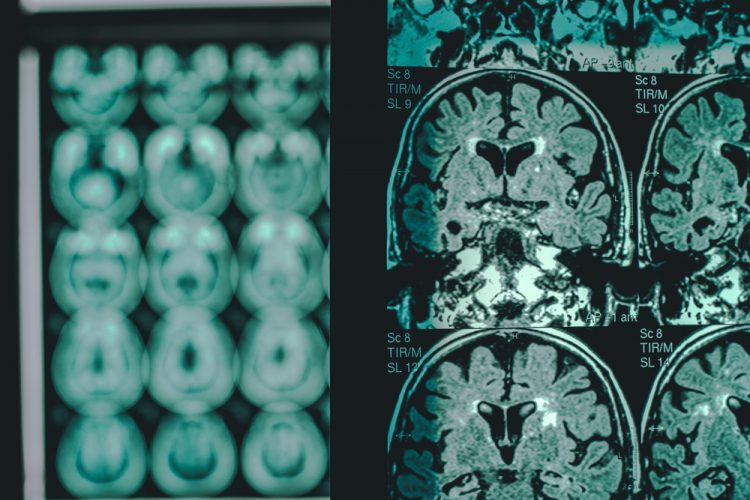Genome-editing strategy may become novel Alzheimer’s treatment
Posted: 18 August 2021 | Anna Begley (Drug Target Review) | No comments yet
Scientists have developed a new strategy using brain-wide genome-editing technology that reduced Alzheimer’s disease pathologies in mice.


A team at the Hong Kong University of Science and Technology (HKUST) have created a new strategy using a genome-editing technology that reduced Alzheimer’s disease (AD) pathologies in genetically modified AD mouse models. According to the researchers, this technology offers the potential to be translated into a long-acting therapeutic treatment for AD patients, specifically those with familial Alzheimer’s disease (FAD).
There are currently no effective treatments for FAD, although genome-editing technology has previously shown promise as a therapeutic strategy for diseases caused by inherited mutations, including FAD. It is especially useful for correcting disease-causing genetic mutations before symptoms appear, for which it is considered a “once-and-for-all” treatment as its effects can last a lifetime.
However, several hurdles have prevented its clinical development and application, most notably the lack of an effective, efficient and non-invasive means to deliver genome-editing agents into the brain. Furthermore, existing genome-editing technologies are unable to generate beneficial outcomes throughout the whole brain.
The team, led by Professor Nancy Ip, thus developed a new genome-editing system that not only crosses the blood–brain barrier (BBB), but also delivers an optimised genome-editing tool to the entire brain. Using a newly engineered delivery vehicle for genome-editing, this strategy achieves efficient brain-wide genome editing through a single non-invasive intravenous administration. This disrupts FAD-inflicted mutations in AD mouse models and ameliorates AD pathologies throughout the entire brain, paving the way to novel therapeutic development for the disease.
Meanwhile, the research team also found that the level of amyloid, a protein thought to drive neurodegeneration in AD, remained low for six months post-treatment in the mouse models at around third of their normal lifespan, demonstrating that this single-shot genome-editing strategy has lasting effects. Importantly, no side effects were detected so far in the mice.
“As the first demonstration of efficient brain-wide genome editing to alleviate Alzheimer’s disease pathology throughout the whole brain, this is really an exciting development,” said Ip. “Our work is an important milestone for the use of genome editing in treating hereditary brain diseases and contributes to the development of precision medicine for inherited forms of neurodegenerative diseases.”
The findings were published in Nature Biomedical Engineering.
Related topics
CRISPR, Genome Editing, Genomics, In Vivo, Neurosciences, Technology, Therapeutics
Related conditions
Alzheimer's disease (AD)
Related organisations
Hong Kong University of Science and Technology (HKUST)
Related people
Professor Nancy Ip







